
Kód: 14123851
Relational and Interviewing Skills for Assessment and Formulation in Cognitive Behavioral Practice
Autor Raja Sree R Subramaniam
Seminar paper from the year 2016 in the subject Psychology - Consulting, Therapy, grade: B, University of Derby, course: Psychology, language: English, abstract: This essay evaluates the therapist's relational and interviewing ski ... celý popis
- Jazyk:
 Angličtina
Angličtina - Vazba: Brožovaná
- Počet stran: 20
Nakladatelství: Grin Publishing, 2016
- Více informací o knize

Mohlo by se vám také líbit
Dárkový poukaz: Radost zaručena
- Darujte poukaz v libovolné hodnotě a my se postaráme o zbytek.
- Poukaz se vztahuje na celou naši nabídku.
- Elektronický poukaz vytisknete z e-mailu a můžete ihned darovat.
- Platnost poukazu je 12 měsíců od data vystavení.
Více informací o knize Relational and Interviewing Skills for Assessment and Formulation in Cognitive Behavioral Practice
Nákupem získáte 104 bodů
 Anotace knihy
Anotace knihy
Seminar paper from the year 2016 in the subject Psychology - Consulting, Therapy, grade: B, University of Derby, course: Psychology, language: English, abstract: This essay evaluates the therapist's relational and interviewing skills in conducting CBT assessment critical in establishing, developing and maintaining a therapeutic relationship with the client. Research suggested that therapist interpersonal skills facilitate therapy processes and good client-therapist collaboration. Therapeutic relationship is a helpful and positive relationship, whereby a client is reliant on the therapist's help. The helper relational skills include empathy; genuine, receptive, good communicator and can reflect client's feelings and thoughts accurately without prejudice. In a person-centered approach, the therapist creates therapeutic conditions based on cognitive behavioural therapy (CBT) framework and evidence based treatment models. Unlike other talking therapies, the person-centered CBT instills client's collaboration and determination in making choices about the therapeutic process. The declarative, procedural and reflective (DPR) model provides theoretical guidelines for CBT therapists important in acquiring and maintaining the technical and relational skills throughout their profession. The DPR framework is an information-processing model, within which interpersonal flexibility, conceptual knowledge and technical skills are core components vital in establishing developing and maintaining a therapeutic relationship with the client. Client-therapist inter-personal variables, perspectives about CBT and cultural differences risk causing ruptures in the collaborative efforts. Hence, a good interviewing skill that conveys empathy, congruence and unconditional positive regard can be used to clarify underlying problems, build confidence, trust, commitment to therapy and motivation to carry out CBT tasks and treatmen. Reflective practices and Socratic supervision help therapists to identify their strength, limitations and respond effectively.
 Parametry knihy
Parametry knihy
Zařazení knihy Knihy v angličtině Society & social sciences Psychology
1042 Kč
- Plný název: Relational and Interviewing Skills for Assessment and Formulation in Cognitive Behavioral Practice
- Autor: Raja Sree R Subramaniam
- Jazyk:
 Angličtina
Angličtina - Vazba: Brožovaná
- Počet stran: 20
- EAN: 9783668227866
- ISBN: 3668227861
- ID: 14123851
- Nakladatelství: Grin Publishing
- Hmotnost: 54 g
- Rozměry: 254 × 178 × 1 mm
- Datum vydání: 22. August 2016
Oblíbené z jiného soudku
-

12 Rules for Life
531 Kč -
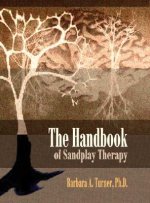
Handbook of Sandplay Therapy
1486 Kč -

1001 Solution-Focused Questions
816 Kč -

Shrink Dreams
461 Kč -
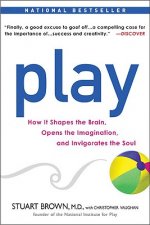
Play
389 Kč -

How to Think Like Leonardo da Vinci
398 Kč -

12 Rules for Life
658 Kč -

The Evolution of Desire
422 Kč -
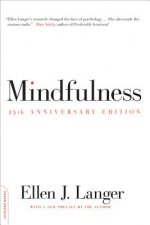
Mindfulness, 25th anniversary edition
377 Kč -

Heroine's Journey
401 Kč -

Psychology Book
545 Kč -

Human Tuning Sound Healing with Tuning Forks
515 Kč -
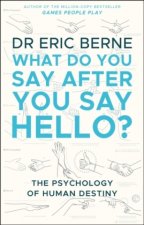
What Do You Say After You Say Hello
330 Kč -
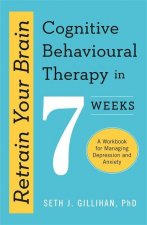
Retrain Your Brain: Cognitive Behavioural Therapy in 7 Weeks
464 Kč -

Simpler Life: a guide to greater serenity, ease, and clarity
410 Kč -
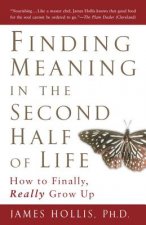
Finding Meaning in the Second Half of Life
415 Kč -
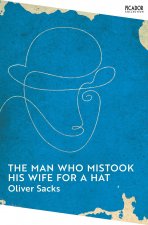
Man Who Mistook His Wife for a Hat
306 Kč -

Collected Works of C.G. Jung, Volume 9 (Part 2): Aion: Researches into the Phenomenology of the Self
747 Kč -

Trauma-Sensitive Mindfulness
752 Kč -
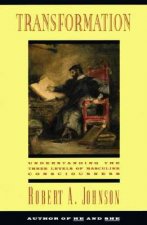
Transformation
328 Kč -
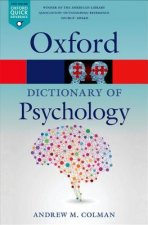
Dictionary of Psychology
383 Kč -

True Hallucinations
464 Kč -

Trauma Healing with Guided Drawing
626 Kč -

Best Place To Work
415 Kč -
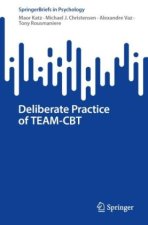
Deliberate Practice of TEAM-CBT
1533 Kč -

Creatures of a Day
338 Kč -
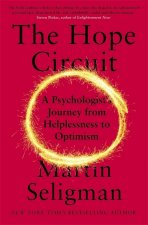
The Hope Circuit
464 Kč -

Dark Psychology 101
539 Kč -

On Murder, Mourning and Melancholia
357 Kč -
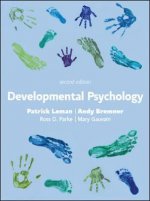
Developmental Psychology, 2e
1787 Kč -
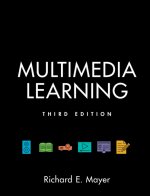
Multimedia Learning
965 Kč -

Psychology: A Concise Introduction
2565 Kč -

Psychology and Life
2886 Kč -

Power of Positive Confrontation
510 Kč -

On Killing
438 Kč -

Power of Attachment
364 Kč -

Visual Intelligence
364 Kč -

Focus
213 Kč -

Psychology and Alchemy
974 Kč -

Psychology of Winning
227 Kč -

Battle Scars
303 Kč -
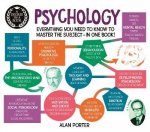
Degree in a Book: Psychology
490 Kč -
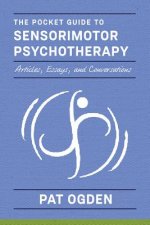
Pocket Guide to Sensorimotor Psychotherapy in Context
761 Kč -

Oxford IB Diploma Programme: Psychology Course Companion
1423 Kč -
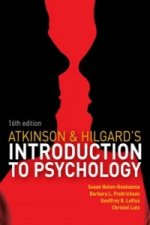
Atkinson and Hilgard's Introduction to Psychology
2059 Kč -

200 More Brief, Creative & Practical Art Therapy Techniques
630 Kč -
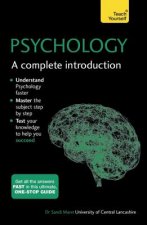
Psychology: A Complete Introduction: Teach Yourself
371 Kč -
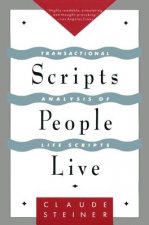
Scripts People Live
351 Kč -

Somatic Internal Family Systems Therapy
532 Kč
Osobní odběr Praha, Brno a 12903 dalších
Copyright ©2008-24 nejlevnejsi-knihy.cz Všechna práva vyhrazenaSoukromíCookies







 Vrácení do měsíce
Vrácení do měsíce 571 999 099 (8-15.30h)
571 999 099 (8-15.30h)